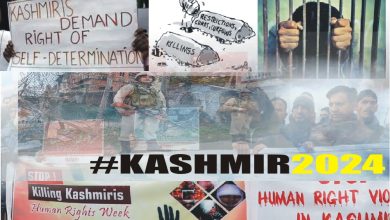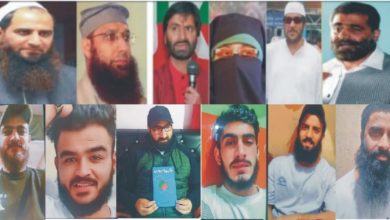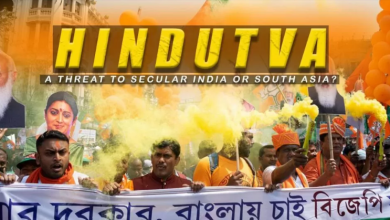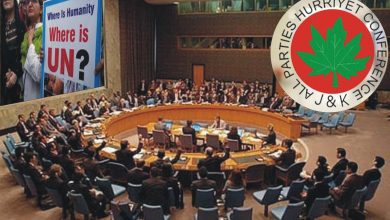Crackdown on IIOJK journalists countering Modi regime’s line: Report
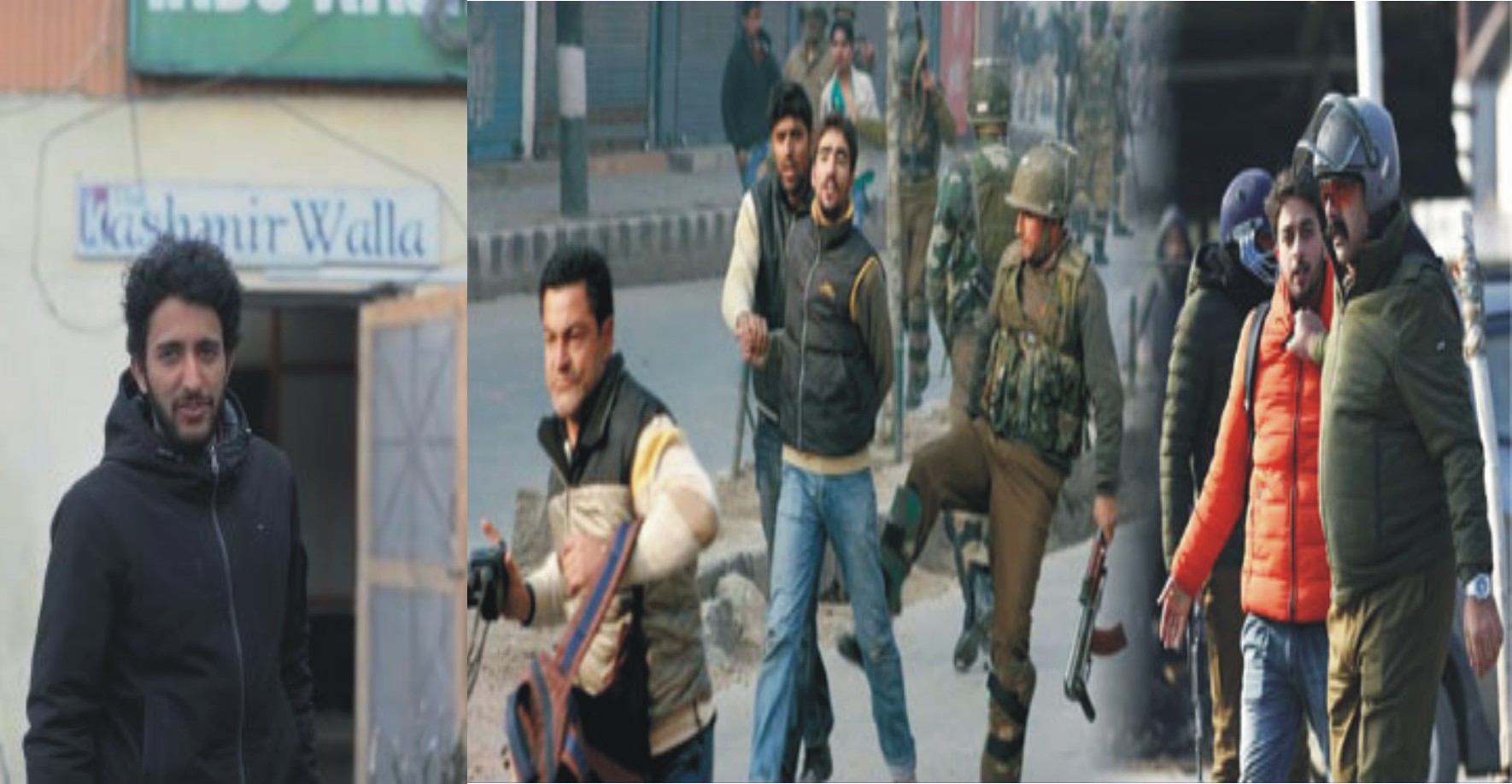 Srinagar: Dozens of journalists in Indian illegally occupied Jammu and Kashmir have been targeted by the Modi regime for their reporting, writes award-winning independent provider of quality journalism,Nikkei Asia.
Srinagar: Dozens of journalists in Indian illegally occupied Jammu and Kashmir have been targeted by the Modi regime for their reporting, writes award-winning independent provider of quality journalism,Nikkei Asia.
According to Kashmir Media Service, the Tokyo-based publication noted that the crackdown on press freedom has intensified since the IIOJK’s special autonomy status was revoked in 2019.
Fahad Shah, editor-in-chief of the influential weekly magazine Kashmir Walla, was jailed for nearly two years on fake news allegations. “His weary face tells the story of deepening media repression” in the occupied territory. His case is one of nearly three dozen instances of local journalists being targeted with police raids, threats, assault, and criminal charges, the publication mentioned.
“It is hard to get arrested and sent away to prison,” the 34-year-old told Nikkei Asia at a cafe in Kashmir’s capital Srinagar. “It affects your mental health when you are suddenly in a changed atmosphere. … And physically, I suffered various issues and had to consult medical attention, which is limited in prisons.”
Shah’s revolving door of brief arrests linked to investigative reporting led to his jailing in 2022 over an op-ed article that had appeared in the digital magazine more than a decade earlier. It was written by a university scholar who was also jailed for what authorities said amounted to “narrative terrorism” and was “intended to create unrest, and aid and abet the gullible youth to take the path of violence.”
Geeta Seshu, founding editor of the Free Speech Collective, said the case was “a signal to others to stay quiet and not to ask questions.” “It had an immediate chilling effect,” she added.
Critics say the government’s use of anti-terrorism laws and the Public Safety Act has become a tool for silencing dissent in Kashmir. This includes the case against Kashmir Narrator assistant editor Asif Sultan, who was granted bail in May after more than five years in detention.
“Almost every journalist arrested in recent years has faced charges under these laws,” said Kunal Majumder, the India representative for the Committee to Protect Journalists. “For some journalists … the charges are directly linked to their work. In other cases … there are indirect connections to their reporting. These laws are often misused to intimidate journalists and stifle dissent, creating a chilling effect on press freedom in the region.”
A clampdown on press freedom has rippled across the world’s most populous nation, with India sitting at 159 out of 180 countries in Reporters Without Borders’ 2024 World Press Freedom Index.
“The consequences of the media crackdown are right in front of us,” said an editor for an independent Kashmiri media outlet who spoke on the condition of anonymity. “The official version is the last version, and no one can question that.”
The pressure has also put a squeeze on newsroom finances, with many outlets now on their “deathbed,” the editor added.
“More and more professionals are succumbing to pressure and quitting. Local news outlets are starved of cash and cannot pay a decent wage. Newsrooms have two options: sell out or quit the space.”





